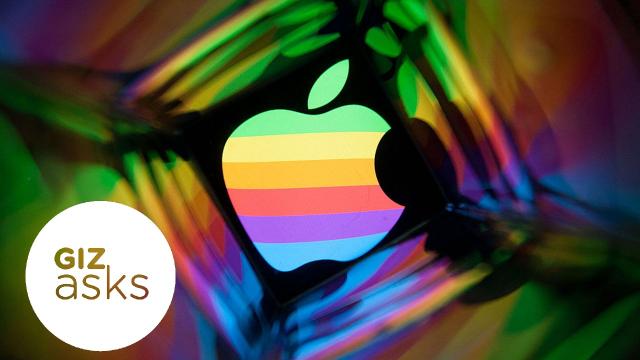There’s been a lot of talk about the Apple Tax in recent weeks. While its not a new discussion in the tech world, the term has blown up after Fortnite got kicked off the App Store and Google Play. If you’re not sure what the Apple Tax is, let’s get you caught up.
[related_content first=”1240775″]
What is the Apple Tax?
The Apple tax is the colloquial terms for the high commission rate that Apple places on app developers.
In general Apple takes a 30 per cent cut of all in-app purchases — and so does Google. This is why Fornite was kicked from the platform. The creators, Epic Games, enabled players to purchase Fortnite’s in-game currency directly in the games app. This meant skipping the regular in-app payment method.
Epic further enticed players to pay directly by offering a 20 per cent discount on this payment method.
Both Apple and Google swiftly booted Fortnite from the store, stating this move violated their store guidelines.
[related_content first=”1240829″]
This has been public before
This wasn’t the first time that a developer has openly fought with Apple over its commission rates. Basecamp, the developers of email management app Hey, publicly called out Apple mere days before the Apple Worldwide Developers Conference (WWDC) back in June.
Basecamp detailed how an update with new features and bug fixes was blocked by Apple. According to creator, David Heinemeier Hansson, this was a strong arm tactic to force the company to add its subscription service to the App Store app.
[related_content first=”1225032″]
Up until that point the company got around the Apple Tax by only offering the $US100 a year subscription via the web.
“Like any good mafioso, they paid us a visit by phone,” Hansson tweeted at the time. “Stating that, firstly, that smashing our windows (by denying us the ability to fix bugs) was not a mistake. Then, without even as much of a curtesy [sic] euphemism, said they’d burn down our store (remove our app!), lest we paid up.”
Just over a week later Basecamp revealed that Apple had settled the dispute and allowed their app update to go through.
[related_content first=”1223604″]
European Antitrust Investigation
The Basecamp Debacle blew up on the same day European authorities opened an antitrust investigation into Apple’s App store policies. This came off the back of a complaint from Spotify and an e-book/audiobook distributor in 2019.
The bottom line is there is no App Store competitor on iOS. As such, developers don’t have a choice but to hand over 30 per cent of its revenue if they want to be on the platform.
A second investigation was launched at the same time, focusing on the terms and conditions of Apple Pay.
The U.S. Department of Justice is also reportedly looking into an antitrust probe of Apple regarding its in-app purchase policy.
Apple Tax for Publishers
Publishers are also hit by the Apple Tax.
News outlets are required to hand over 30 per cent of all first-time subscriptions to their iOS apps. If that user resubscribes for a second year that amount drops to 15 per cent.
While Google Play also has this model, it tends to cop less flack due to Android having a more open ecosystem than Apple. There are other store options on Android. On Apple, there isn’t — hence the antitrust case.
But there have been exceptions.
[related_content first=”1272303″]
Not all Apple Tax is equal
“Today, Epic Games took the unfortunate step of violating the App Store guidelines that are applied equally to every developer and designed to keep the store safe for our users,” Apple said in a statement regarding the Fortnite ban.
But that equality isn’t exactly accurate, at least not for publishers.
An antitrust hearing in July revealed that Amazon was only required to pay Apple 15 per cent of first year Amazon Prime Video subscriptions purchased through its App Store app.
Digital Content Next, a trade organisation that represents media organisations in the U.S. (including the New York Times, Wall Street Journal and Gizmodo’s G/O Media) called this practice out in a recent letter Apple, asking for a renegotiation of its revenue terms.
Sometime in 2017, Apple and Amazon, two giant platform companies, struck a deal where Amazon Prime Video would be available on Apple TV and Apple products would be available on Amazon,” the letter reads.
“As part of the terms of that deal, Apple would reduce its fee for consumers who subscribed to Prime Video from 30% to 15%. For existing Prime Video subscribers, Apple agreed to completely waive its normal 15% fee. The cherry on top for Amazon was that they could use other payment systems outside of Apple.”
For now the Apple Tax remains in place. Who knows if or how that might change off the back of the European and possible U.S. investigations. We’ll keep you posted.
